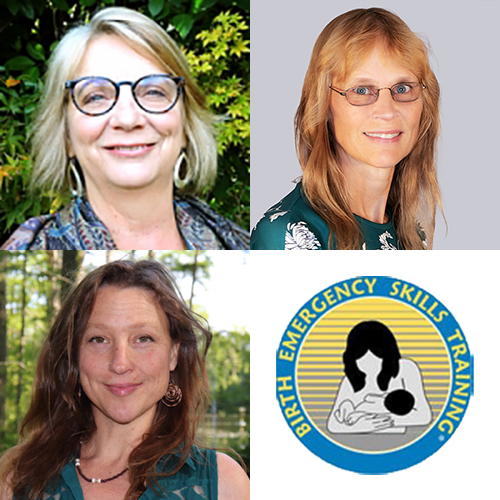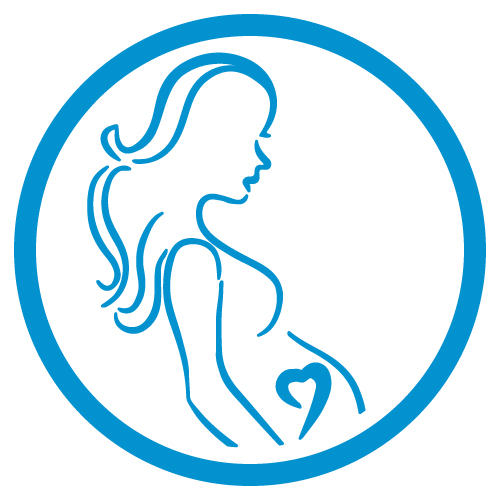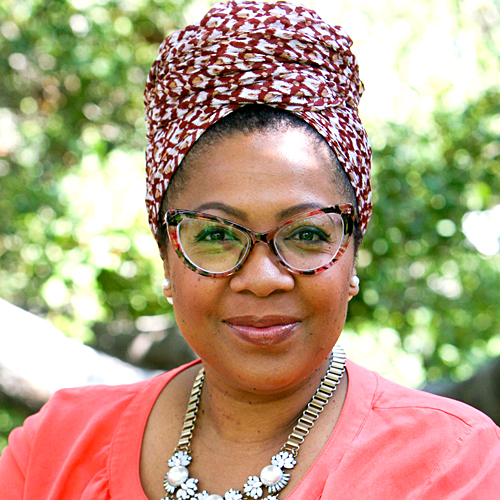 IBCLC Detailed Content Outline: Pathology Focused CERPs - Section III
IBCLC Detailed Content Outline: Pathology Focused CERPs - Section III
Access CERPs on Pathology for the IBCLC Detailed Content Outline recertification requirements. Enjoy convenient on-demand viewing of the latest Pathology focused IBCLC CERPs at your own pace.
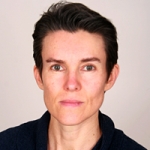
Back to Basics for Cleft Lip and Palate: An Overview of Strategies to Support Lactation in the Neonatal Period and Beyond

Alice Farrow is an IBCLC, writer, speaker, and infant feeding and health equity advocate. Parent of a child born with a cleft lip and palate, Alice has worked extensively, since 2006, with parents, parent organisations, cleft teams health providers and lactation specialists in order to increase awareness of the specific challenges faced by cleft affected infants and their families and to imprve access to adequate lactation support for this community.
Currently based in Rome, Italy, Alice advocates for, and teaches regularly on, the topic of breastfeeding/chestfeeding with an oral cleft via presentations, courses, articles, booklets and handouts and supports parents and professionals wordwide via their Cleft Lip and Palate Breastfeeding website and associated online support group, and in person and distance consultations.
A common misconception among care providers and families is that babies born with an oral cleft cannot breastfeed/chestfeed. This presentation corrects that misconception by exploring cleft types and their expected breastfeeding/chestfeeding outcomes and sharing tools that lactation specialists can use to more effectively support parents when their baby is born with a cleft lip/palate. In particular, during the neonatal period, the lactation specialist is uniquely positioned to support parents to make informed decisions about their feeding choices and create a going home care plan to help them achieve their breastfeeding/chestfeeding goals in the long term.

View Details / Enroll

View Details / Enroll

Beneath the Surface: Anatomy and Physiology and How These Influence the Approach to Frenectomy

Justin is a Consultant Paediatrician who has worked in both the UK and Ireland. He has had an interest in Tongue Ties for over 15 years and has created multi-disciplinary pathways of care. He is Medical Director of the National Tongue Tie Centre in County Tipperary, Ireland which he established with Kate Roche, a Chartered Physiotherapist, in 2017. There he and the team provide comprehensive care for infants, children and adults with tethered oral tissues.
The management of tongue tie has many approaches. In this presentation we will explore the anatomy and physiology of normal tongue frenulae and that of ankyloglossia. How the structures affect function and how to manage them to optimise function. We will also discuss the problems that can be seen following incomplete release and reattachment. We will also cover complications during surgery and management options.
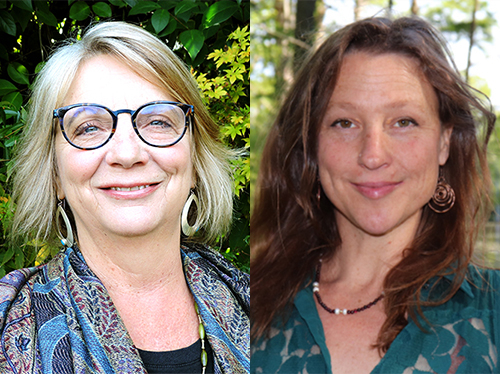

Avril is the founder of the Midwife Method - a midwife-led, supportive and educational online program dedicated to empowering all birthing people who want to experience a conscientious and connected pregnancy, birth and transition into parenthood. Who want to learn to thrive in body, mind and spirit and not only feel prepared and informed every step of the way...but loved, supported and guided throughout. This incredible resource is available for busy midwives to count on, to provide for all the educational needs of their clients to have a healthy, joyful and empowering pregnancy, birth and smooth transition into parenthood.
For the past four years, she has loved being an instructor and office manager with Birth Emergency Skills Training® (B.E.S.T.), as well as co-developer of the Online and Hybrid programs. B.E.S.T. is dedicated to improving maternal and fetal outcomes by helping midwives effectively, efficiently, competently and confidently manage emergencies when they arise.
She has been intimately woven into the fabric of serving birthing families since 1998 working at home and in birth centers. Together with her partner, she has home-birthed, home-schooled and raised 3 incredible human beings (18, 24 and 26)!
With an unquenchable thirst for knowledge and desire to support a broader population in attaining their health goals, she returned to school, completing a Bachelor of Science in nursing in 2016, then pursued a Family Nurse Practitioner degree at Georgetown University which she was unable to complete due to unforeseen circumstances.
Andrea Dixon, CNM, reveled in birth from an early age, a maternal great aunt (a London homebirth midwife) her inspiration. From NAPSAC in Ann Arbor, MI, apprenticeship in Boulder, CO and graduating CNM from UCSF in 1987, Andrea covered all the bases in midwifery. The sole proprietor of Family Way Educational Services, Weed, CA 1988-Present she has home-birthed families in the largest geographical county in northern California, managed a midwife service for Redding Birth Center, served a hospital-based population in the USVI, WomanCare, in MO and homebirth, birth centers (3) and hospital practices throughout Indiana. Andrea is a long-time instructor of out-of-hospital specific NRP. She developed live B.E.S.T. (Birth Emergency Skills Training) workshops for out of hospital providers, and subsequently, in partnership with Avril Bowens, CPM, HYBRID and ONLINE BEST courses based on Bonnie Urguhart Gruenberg's award winning publication. Homebirth, homeschooling her daughter (now 33 and presently at the CDC), and a midwifery friendly partner of 38 years, have enhanced her life.
Hypertension and its pregnancy-related disorders are a leading cause of preterm birth, fetal growth restriction and a multitude of emergencies. Despite modern advancements in maternity care globally, hypertensive disorders of pregnancy remain at the root of appalling morbidity and mortality statistics. Birth Emergency Skills Training® and GOLD Learning have partnered to present an in-depth examination of these often insidious, yet potentially lethal conditions. It is imperative that all community centered birth workers learn to recognize and respond to these disorders as they develop. Based on the latest research about risks, clinical manifestations, long-term health implications, and effects of COVID-19 on pregnancy, this program includes best practice guidelines and client centered educational resources. Join us and discover how you can play a role in the blueprint addressing this ongoing health crisis.
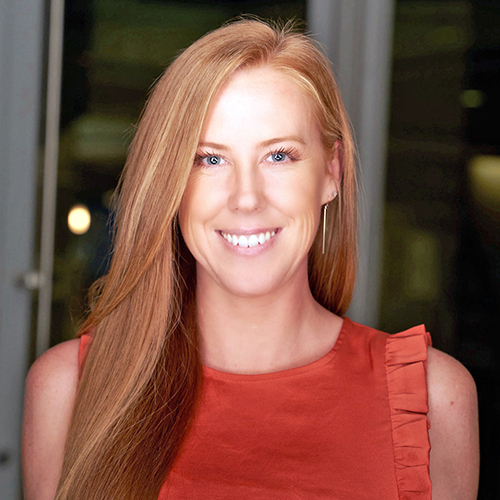
Beyond Breastfeeding: The Long Term Implications of Tongue-Tie in Our Adult Patients

Sarah Hornsby is a registered dental hygienist, orofacial myofunctional therapist, speaker, mentor, and entrepreneur. She’s the founder and creator of MyoMentor, a comprehensive mentorship and online educational platform for myofunctional therapy with over 900 graduates as of August 2022. She’s passionate about merging technology into patient care and has been a pioneer in utilizing telehealth practices in the field of myofunctional therapy since 2014. Sarah is a provider advocate as much as she is an advocate for her patients. Her goal is to empower hygienists and dentists to elevate the standards of care by helping their patients through healthy breathing, airway dentistry, myofunctional therapy, and multi-disciplinary collaboration. She opened Faceology, her private myofunctional therapy practice, in 2010 and today it is a thriving telehealth speciality clinic with a focus on adult patient populations and complex treatment cases. Although Sarah has been a myofunctional therapist for over 10 years, it was actually her own health journey that led her down the path to help her patients.
When it comes to addressing tongue-ties in medicine and dentistry, there is a large emphasis on treating infants in order to achieve optimal breastfeeding. But what happens to the babies who grow into children and adults without addressing their tethered oral tissues, and they end up as adults with tongue-ties? This presentation will discuss the challenges and symptoms that tongue-tied adults face later in life due to restricted lingual frenums. Knowledge of long-term implications is an important part of clinical teaching when explaining tongue-tie to caregivers or colleagues.
View Details / Enroll

Beyond the Letdown: Dysphoric Milk Ejection Reflex and the Breastfeeding Mother

Alia Macrina Heise has worked in the field of lactation since 2004. She is considered the international authority on the topic of dysphoric milk ejection reflex (D-MER). She has been the forerunner in identifying, naming and investigating the anomaly of dysphoria with milk ejection reflex since 2007. She has spoken on the subject at many notable conferences, including GOLD, has given several interviews on the subject for both print and podcasts and has been published through her work on a case study about D-MER for The International Breastfeeding Journal. In 2017 she released the first book on the subject. Alia's passion and enthusiasm for the topic of D-MER are evident in the energy that she demonstrates in her presentations and the novelty of new information on a subject that is not yet well known or understood by many makes for an engaging and interesting presentation. Alia is not only a former sufferer of the lactation anomaly herself, she is also the webmaster of d-mer.org and she works closely with mothers around the world who are suffering with the condition in order to support them and to better understand the variance of the experience. She is also in frequent contact with other professionals in order to spread awareness and to support further research and investigation into the subject. Outside of her work with D-MER, she is also in private practice as an IBCLC in the Finger Lakes region of New York. She lives in a small rural town where she enjoys country living with her three children.
Dysphoric milk ejection reflex (D-MER), is not a new phenomenon. In the past, it was almost like Voldemort, the Problem That Must Not Be Named. But for over 10 years now, it has had a name and been brought into daylight. Though still not widely known or understood by many, the hypothesis of the mechanism and possible sustainable solutions are becoming better documented all the time. D-MER has been the subject of two case studies, one case series, and a qualitative research study. Two other studies as also in process at this time.
Mothers with D-MER feel, as a reflexive response with every single milk release, a wave of negative emotions ranging (depending on severity) from homesickness to hopelessness and despair, perhaps even anger and suicidal ideation. These emotions dissipate shortly after milk release and reoccur with the start of every MER, whether with breastfeeding, expressing or with spontaneous releases. Many sufferers keep the problem to themselves preferring the weaning of their baby to being incorrectly labeled as depressed or victims of abuse. Upon experiencing D-MER mothers are initially convinced the problem is physiological and not psychological, and they are correct.
As both a lactation consultant and a sufferer of D-MER, I first named and identified D-MER over 10 years ago. Now, through the case studies that have been done, collaboration with other medical and breastfeeding care providers, and the collection of information from the anecdotal reports from over 1,000 mothers, there is now a foundation of understanding of D-MER. Though the evidence base for D-MER is still mainly unestablished at this time, there are many professionals always working to bring evidenced-based information to the study of human lactation. This is exactly what the slow work and understanding of D-MER is about; the process of bringing new information into the light for further research and understanding.
In the PowerPoint presentation that I have to present, I discuss how D-MER presents, its tell-tale manifestation, and its spectrum and intensities. The presentation also explains the currently proposed mechanism of the MER anomaly, how health care providers can identify a mother it D-MER and how to help and support mothers with the condition.
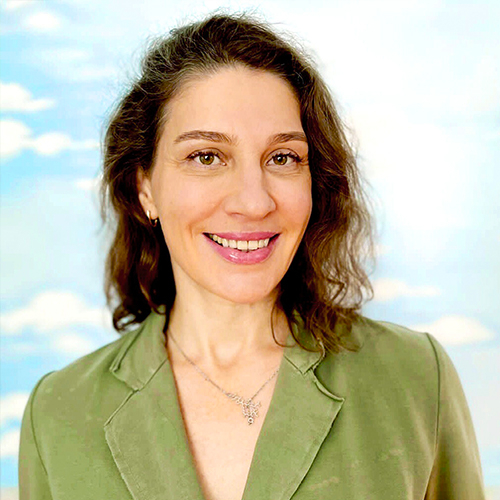

Tatiana was born in Moscow, Russia and graduated from Lomonosov Moscow State University in 1991 with a Master’s degree in Art.
Since 2007 Tatiana has her own lactation consultant in private practice. She first became an IBCLC in 2011. From 2012-2019 Tatiana served as the IBLCE Country coordinator for Russia and from 2012-2021 as the Project coordinator for a “New degree” for educational courses in LC.
Breastfeeding biomechanics is a field that combines physics with knowledge from biological and medical sciences, psychology and cultural studies. A better understanding of the nursing mechanics will help us to recognize which cultural concepts of feeding posture may be associated with ergonomic risk factors for the parent's body. Breast engorgement and nipple pain should not be taken as an inevitable part of the early postpartum period. With the help of the «Mindful latching» method (techniques for concentrating parents on their own sensations of postures and movements) we can control the ergonomic risks of repetitive movements. If we still have to deal with engorgement, «3D Inertial hand expression» method (the synthesis of traditional practices and modern knowledge of breast biomechanics) could be helpful. Breast biomechanics focus on how forces act on the breast structures and fluids and how the breast tissues respond to these forces.

View Details / Enroll

Breaking the Silos: Understanding the Connections Between Labor Interventions and Lactation

Janiya Mitnaul Williams, MA, IBCLC,CLC, is an accomplished lactation consultant, advocate, and trailblazer in the field of perinatal health equity. With over 15 years of experience, Janiya has dedicated her career to supporting nursing families and driving positive change in lactation practices.
Janiya's educational background includes degrees in Speech-Language Pathology and Audiology, as well as Health & Wellness with a concentration in Human Lactation. This diverse knowledge base equips her with a holistic approach to lactation support, recognizing the unique needs of each individual and their family.
In March of 2020, Janiya made history by creating and establishing the groundbreaking Pathway 2 Human Lactation Program at North Carolina Agricultural and Technical State University (NC), becoming the first public Historically Black College and University (HBCU) to offer a lactation program. As the Director of this pioneering program, she has set new standards in lactation education and operates an Outpatient Community-Based Lactation Clinic, providing essential support to nursing families in the local community.
Janiya's visionary leadership extends beyond the university setting. As the Co-Chair of the Perinatal Health Equity Collective for North Carolina since 2022, she leads strategic initiatives to address disparities and promote equitable access to quality perinatal services. Her passion for social justice and commitment to advancing equity in perinatal care have made a profound impact on the field.
Additionally, Janiya serves as the Co-Coordinator for Doula Services at the Women's and Children's Center at Cone Health. In this role, she works tirelessly to ensure birthing individuals and their families receive compassionate care and invaluable resources throughout their journey.
Recognizing the need for representation and cultural inclusivity within the lactation field, Janiya founded the Mahogany Milk Support Group in 2015. This empowering initiative aims to promote, encourage, and normalize nursing for Black and Brown families. Her trailblazing efforts include being the first person of color and Non-Registered Nurse to be hired as a Lactation Consultant within Cone Health's hospital system.
Driven by a passion for diversity, equity, and inclusion in lactation, Janiya strives to promote better health outcomes for Black, Brown, marginalized, and underprivileged families, who often face significant lactation barriers. Her visionary leadership, dedication to lactation equity, and unwavering commitment to empowering nursing families have earned her recognition and respect within the industry. Through her pioneering work and advocacy, Janiya is making a lasting impact on the field of perinatal health equity, creating a more inclusive and supportive environment for all nursing families.
Topic: Breaking the Silos: Understanding the Connections Between Labor Interventions and Lactation - [View Abstract]
Birth and breastfeeding/chestfeeding are intimately woven together although many separate the two. One's labor and birth process however, have a direct impact on how their nursing journey begins. Naturally, most infants can independently progress through the fetal to neonatal transition and produce a baby-led latch within the first hours of life. However, the process of birth is often unpredictable and many birthing families are regularly faced with common or unexpected labor interventions that can adversely affect milk supply and the initiation and receptivity of breastfeeding/chestfeeding for the infant. Some of the most common interventions include: IV fluids, induction of labor, epidurals, and continuous electronic fetal monitoring. These maternity care practices come with unintended consequences that directly impact lactation. Furthermore, studies indicate that many of these interventions are done more for convenience as opposed to medical reasoning. In order to promote, protect and support breastfeeding/chestfeeding for birthing families, providers and other members of the healthcare team should be encouraged to work in tandem; using effective communication and facilitating open dialogue. By including families in every aspect of their birth and postpartum period, self-efficacy and confidence is increased and trust is developed, setting the foundation for increased initiation and duration of human milk feeding.
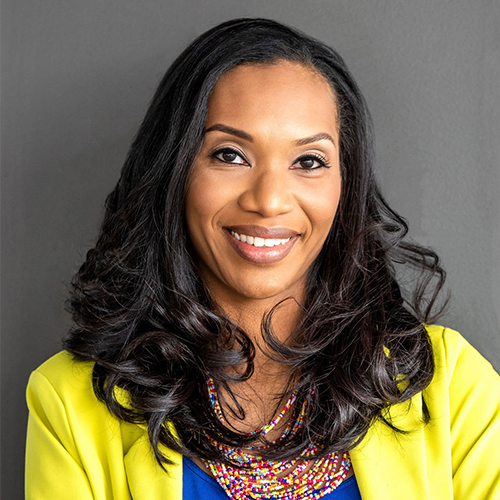
View Details / Enroll
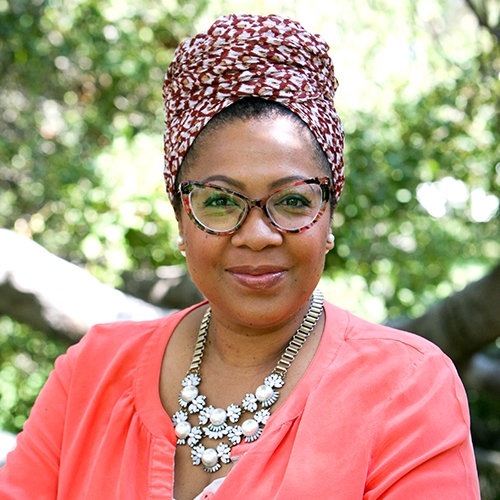

Nekisha Killings is an equity strategist, internationally board-certified lactation consultant, and maternal and child health advocate who speaks, teaches, and facilitates on topics related to equity and dismantling bias across various sectors.
When she is not home educating 4 future world changers, she acts as a Director of Equity, Inclusion and Belonging at Lactation Education Resources and consults organizations on creating and implementing strategies to better support marginalized communities.
Nekisha holds a Masters in Public Health and penned the chapter titled Cultural Humility in the latest Core Curriculum for Interdisciplinary Lactation Support text. Nekisha is on a mission to normalize brown breasts and nipples in health education, thereby better equipping healthcare providers to accurately assess and treat people of color.
Nekisha's work is rooted in a compassion and candor that could only have been cultivated in years of supporting new parents during their first days of parenthood. Nekisha is an active duty military spouse who has been awarded the Spouse of the Year designation for her volunteer efforts supporting families.
Topic: Breast Assessment and Non-White Skin Tones - [View Abstract]
Topic: BreastSide Manner: A Patient-Centered Approach to Lactation Support - [View Abstract]
Topic: Marching Orders: Developing Practical and Impactful Care Plans - [View Abstract]
Is a red spot always a key indicator of mastitis? What about the deep purple trademark of vasospasm? How does eczema present on non-white skin? Performing a standard breast assessment may cause clinicians to overlook or misidentify key indicators of maladies in patients that are not fair skinned. Learn how you can improve your assessments and familiarize yourself with other ways to identify common conditions in patients populations that may not have been featured in your textbooks.
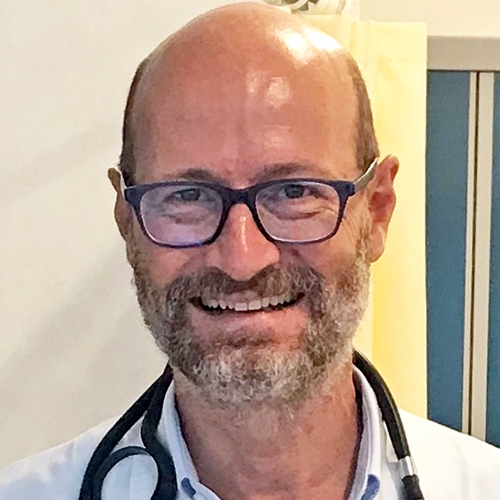
Breast Cancer During Breastfeeding and Breastfeeding After Breast Cancer

Fedro Peccatori is a medical and gynecologic oncologist whose clinical activities mainly include diagnosis and treatment of breast cancer, gynecological malignancies and tumors of young adults. He is Director of the Fertility and Procreation Unit within the Division of Gynecologic Oncology at the European Institute of Oncology, Milan, Italy.
His research projects deal with fertility preservation and counselling in young oncological patients, pregnancy associated cancers, pharmacological protection of ovarian function during chemotherapy, molecular characterization breast and gynecological malignancies.
He’s part of the ESMO task force Adolescent and Young Adult and ESMO faculty member for breast cancer. At present, he acts as Scientific Director at the European School of Oncology (ESO), where he’s in charge of organizing and supervising international courses and masterclasses on different oncological issues.
He has been interested in breastfeeding in cancer patients since 2009 and has published a number of papers on this issue.
Breast cancer is the most frequent malignant tumor during reproductive age.
Around 1/10000 nursing mothers are diagnosed with breast cancer every year. In this rare and difficult situation, patients and healthcare providers should be knowledgeable about the prognostic and practical implications of such an event. Chemotherapy may pass into the milk and breastfeeding is usually contraindicated during chemotherapy. Weaning should be gradual, to avoid breast inflammation and mastitis. A thorough psychological support should be given to the nursing mother to help her into the oncological trajectory.
On the other hand, the number of young breast cancer survivors is increasing and more and more patients enquire about the possibility of subsequent pregnancies and breastfeeding. The breast treated with conservative surgery and subsequent radiation is less responsive to hormonal stimulation, with reduced glandular hyperplasia and hypertrophy. Milk production is usually decreased in the previously affected breast and surgery may affect duct integrity. Nonetheless, each breast has the capability to self regulate milk production according to the baby’s suckling habits, and many evidences support the notion that one breast is enough. Specific education programs should focus on adequate baby positioning, correct latching and reinforcement of the advantages of on demand breastfeeding. Data from our group demonstrate the feasibility of breastfeeding after breast cancer, but qualified lactation counseling to support patients and caregivers is needed.
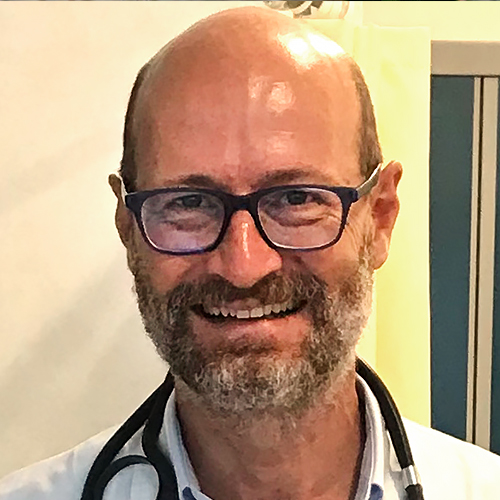
View Details / Enroll
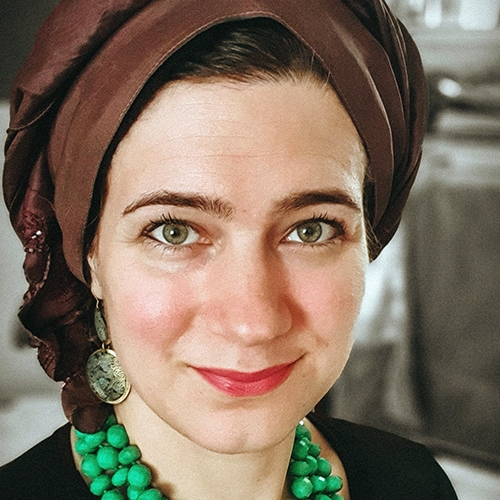
Breastfeeding / Nursing Aversion and Agitation (BAA) in breastfeeding mothers

Zainab Yate is a Biomedical Ethicist, with a specialist interest in infant feeding. Zainab is Vice Chair and named qualitative lead on a paediatric flagged Research Ethics Committee Panel for the Health Research Authority (HRA) in the UK, reviewing research protocols for over a decade. Zainab's previous working background is in Public Health and Commissioning the National Health Service (NHS) in the UK. She had also been a volunteer breastfeeding peer supporter with the NHS for a number of years, is the owner-author of the resource site for mothers and healthcare practitioners on Breastfeeding / Nursing Aversion and Agitation and author of "When Breastfeeding Sucks".
Topic: Breastfeeding / Nursing Aversion and Agitation (BAA) in breastfeeding mothers - [View Abstract]
Topic: Navigating the Future: Bioethical Challenges in Anticipated Integration of AI in Lactation and Breastfeeding Services - [View Abstract]
Topic: Research Ethics & Infant Feeding: How to Utilise the Four 'D's of a Brief Assessment - [View Abstract]
Aversion to breastfeeding or agitation while breastfeeding is known to occur in some women who breastfeed while pregnant, or who tandem feed a newborn and a toddler. However, it is a little researched area, and the paucity of published literature around breastfeeding aversion and agitation reveals a significant gap in the literature. My presentation presents the findings of an exploratory online survey that sheds light on what appears to be a commonly experienced phenomenon of aversion and agitation whilst breastfeeding, which varies in form, severity and duration. BAA is characterised by feelings of anger or rage, a skin crawling sensation and an urge to remove the suckling infant, but can also be feelings of agitation and irritability whilst the infant is latched. Mothers who experience BAA still continue to breastfeed, but have feelings of guilt and shame about BAA and are often confused about having feelings of BAA. Research is needed to understand the reasons for BAA, its causes, triggers and strategies to minimize the experience in breastfeeding mothers.
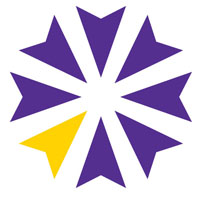
View Details / Enroll
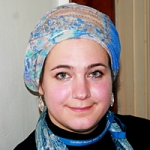
View Details / Enroll





